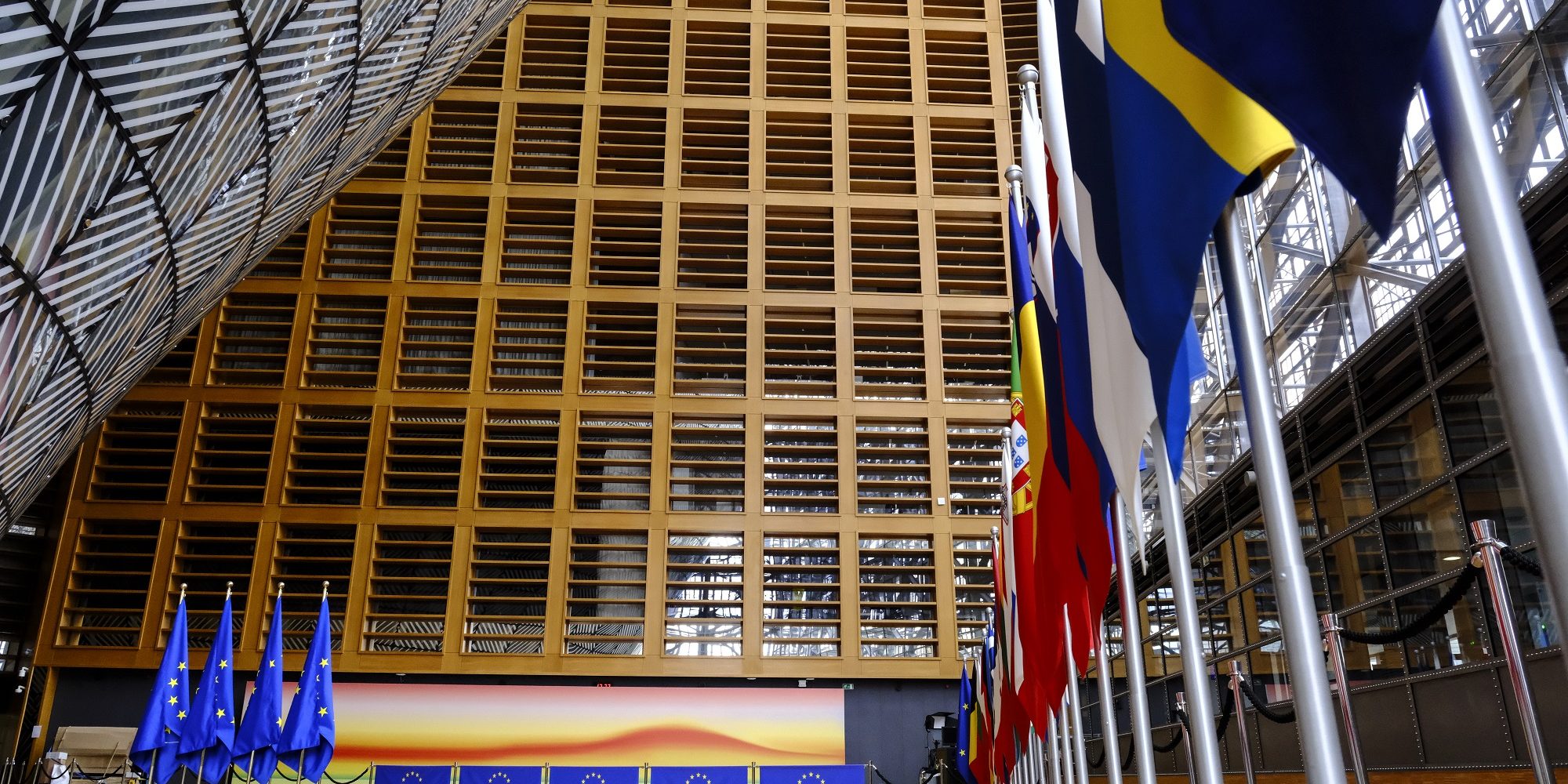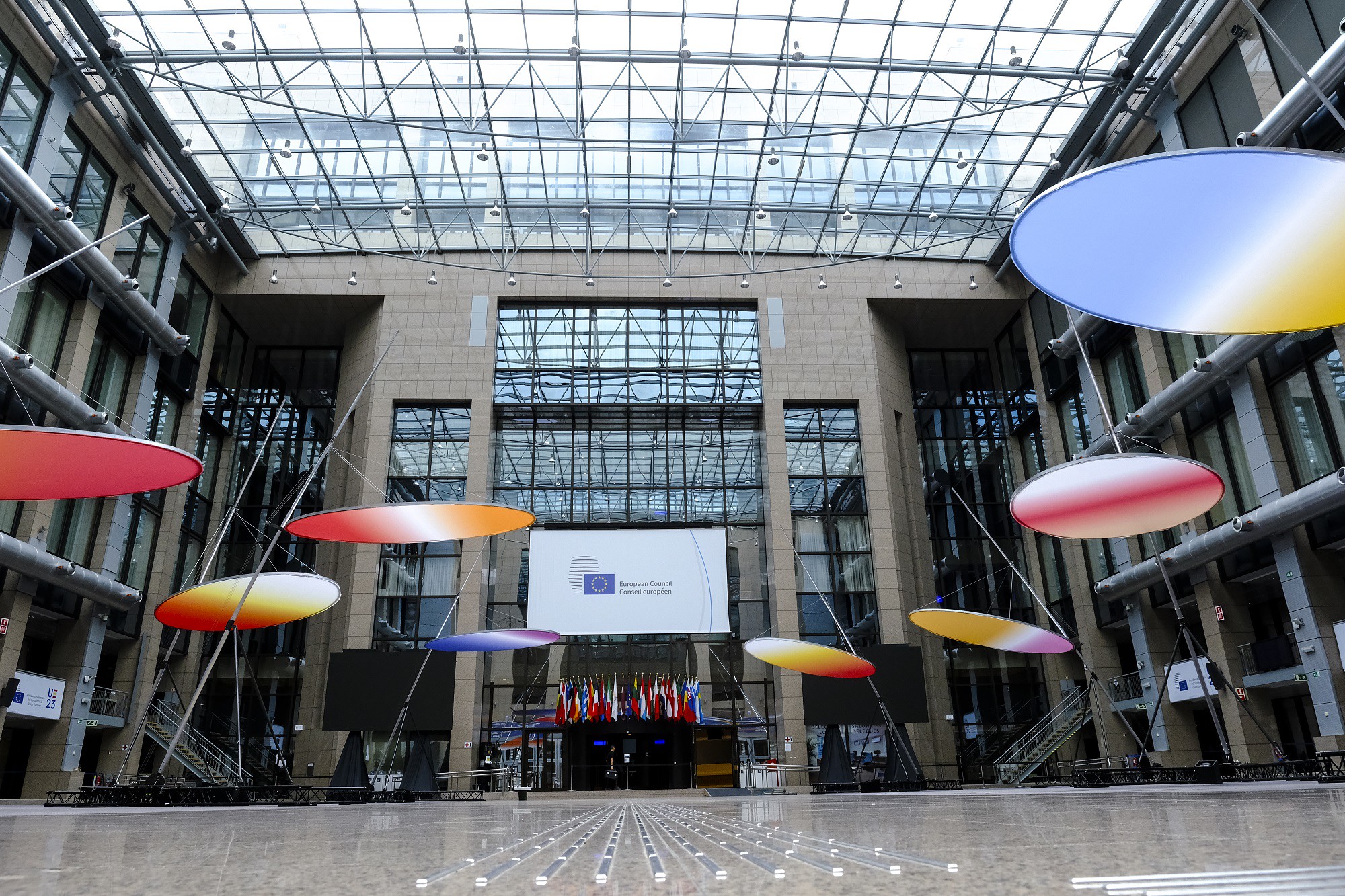
AI Act being blunted?
Text faces the possibility of being watered down.

While we continue our call for a standalone European regulation on the use of artificial intelligence in the workplace, the ongoing AI act negotiations have dampened any hopes of the file providing the protection workers need, with the council threatening to water down already weak workplace dimension.
During the latest of the ongoing trilogue negotiations, the Spanish presidency proposed two major compromises, both of which would significantly weaken workplace protection. Firstly, the proposal aims to shift the so-called fundamental rights impact assessment (FRIA) away from workplaces, so that the impact assessment would only be necessary for the developers of AI systems.
Given the distance between developers and implementation, this problematic proposal opens the door for companies adopting systems to modify them and use them in ways that were not considered in the initial FRIA. It also opens the possibility for systems to change their actions through machine or deep learning techniques used. Such assessments must be conducted in the workplace, where these applications are actually being used.
Another proposed compromise will lead to the lowering of trade union participation in the adoption of AI systems, from a consultation process to merely being informed of their implementation. In practices, this would lead to workers and their representatives having no role to play in the onboarding or vetoing of new systems in workplaces throughout Europe. The text of the act already includes provision for workers to be informed on the adoption of new technologies that use their personal data, in a portion of the text based on the GDPR, with the proposition nullifying intended purposes of the legislation.
The adverse impacts that AI systems may have to workers were insufficiently covered in the Commission’s original proposal. The AI Act, which specifically regulates “high-risk AI” usage, does not consider workplaces as a high-risk environment for AI use, but rather only parts of work life, namely recruitment, promotion and termination decisions. This original position means that the vast majority of AI systems are not expected to fall into the scope of the regulation.
Eurocadres have written to the Spanish presidency urging for a withdrawal of these proposal amendments. As a recognised social partner and representative of more than 6 million European professionals and managers, we consider the impact of the amendments extremely harmful for workers and their environment. Professionals and managers, who are often those with the best understanding of the implementation of AI systems, need to be supported by a robust legislation to perform their professional tasks properly.
While it seems that this basic oversight will be lost within the AI act, our work continues to ensure that a standalone text on AI in the workplace is a political priority over the course of the European elections and the incoming Commission college.
